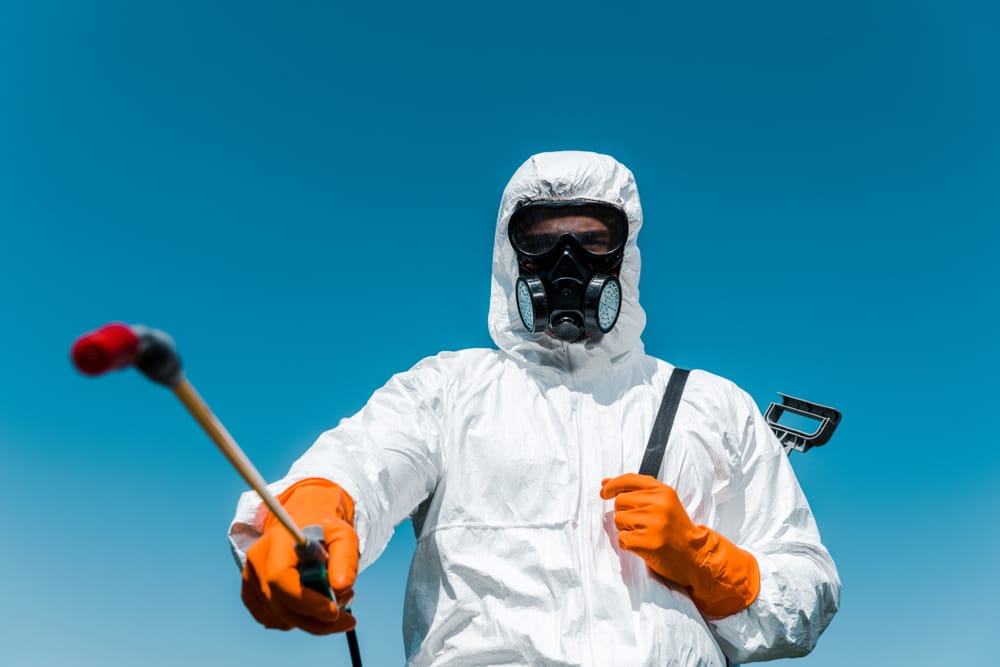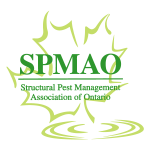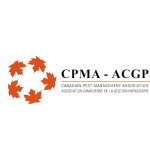Technician and Trainee
Technicians are not licensed pest control technicians. They may be working at an extermination company but they will not be allowed to handle any pesticide or the related chemical without the presence of not just a licensed exterminator but one that has a suitable amount of experience to oversee. The ministry has, in that past, given special permissions to exterminators and other individuals that grants them power in a license or in a license other than the one they possess. A technician can do other types of work outside the use of pesticides. This includes rodent infestations, exclusion and wildlife removal, dead animal removal and latrine cleaning. They are a lot of work and can take a great deal of time but are often far more lucrative than the actual pest removal jobs. An exclusion job can bring in thousands, and attic remediations from wildlife infestation are incredibly expensive. This work can be done by anyone with the basic training needed to accomplish the task, no license necessary, just lots of rules and by-laws to follow.
A technician or trainee can be as young as 16 when they start working for an extermination company which can give the individual a great advantage over older exterminators. In a few years, he could be a very experienced and young technician that would still be young and physically fit as a twenty-year-old. Training early is always a good idea. Try getting a job at an extermination company as a trainee or if you have experience in roofing or construction you can go straight to being a technician. Wildlife often calls for at-hight training which is common for roofers.
Both a trainee and technicians can handle any pest control chemical in the presence of a licensed and experienced exterminator. Getting this advanced training before taking the exams could assist you in passing the core and license exams. Generally, the license you will be getting is the structural license for fumigation and pesticides in, on or around structures. This license is by far the most common while Land and Water exterminators rarely work in residential or small business environments, mostly working with governments, agriculture and industry.
Licensed Exterminator
A licensed structural exterminator can use pesticides in both the commercial and domestic classes. They have access to an enormous number of chemicals that can be used to control or exterminate the pests. From carbon dioxide which is used as a fumigation method for some pests to phosphide of various types like Magnesium Phosphide and insecticide suspensions. The exterminator can use all of these chemicals in a situation where domestic products are not powerful enough to have any effect at all. The technician can use commercial tools and will have protection from the pesticides he will be spraying and will also know how to prevent harm to anyone who will be returning to the home or business after the required vacancy. Knowing that spaces can be over toxified by too many treatments and that these chemicals are powerful and dangerous is all part of being a licensed exterminator. These chemicals must be used in specific amounts to achieve the goal, too much and too little will cause the treatment to fail.
Operator
An operator does not need a specific license, they are simply experienced enough in extermination and have been doing it long enough that they decide to open an extermination company of their own. Now it is very important to understand the sheer complexity of running an extermination company and that it is not in any way easy. You should definitely first become a technician and work in wildlife and then get your exterminators license so you can do both. Work at it for years, wait till you know everything there is to know about the business and then start your own company. You will still be purchasing the same chemicals and handling them with the same structural exterminator’s license but now you will be ordering in bulk to supply multiple other exterminators who are now your employees.
Vendor License
Vendors are not exterminators, they do not work with the pesticides they make they simply manufacture them out of raw materials that are inaccessible to both commercially licensed exterminators and domestic purchase. The chemicals a licensed vendor can purchase are some of the most dangerous chemicals in the world, in their raw form. They can cause horrific damage to the environment if unleashed in this state so they are diluted and manipulated to weaken them enough to be used by commercial exterminators. Becoming an exterminator is generally not the route most people take in getting a vendor’s license. Generally, a business degree and knowledge of chemistry would be a great asset.
Getting your exterminator License
The license involves two exams. The core exam is open book. The structural exam, along with other types of exterminator exams for land and water, is closed book and multiple choice. You must achieve a grade of 75% on both or you will not get your license. Make sure to study very hard for this test, having worked in an extermination company beforehand can be a real advantage. Once you study you will take the two exams back to back at a location set up by the Ministry and Guelph university who administer the test. If you fail you can try again, failure in this case is not the end. Once you earn this license you will have the ability to use all forms of commercial pesticide and will know how to use them safely for both you and your customer. The exam is difficult but very worth it.






